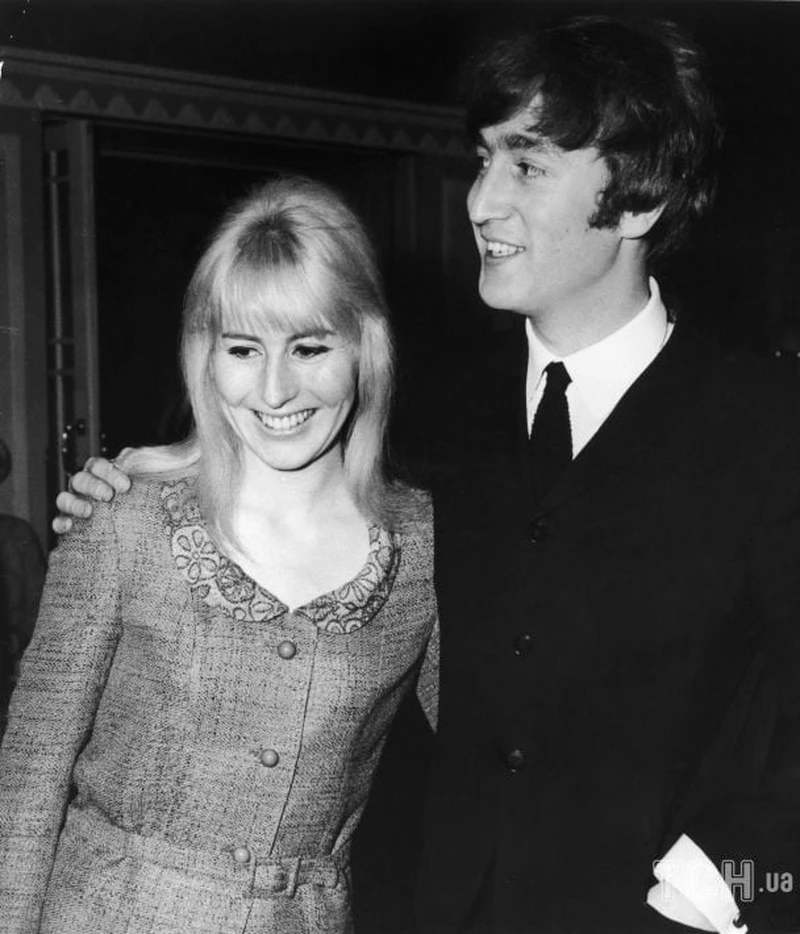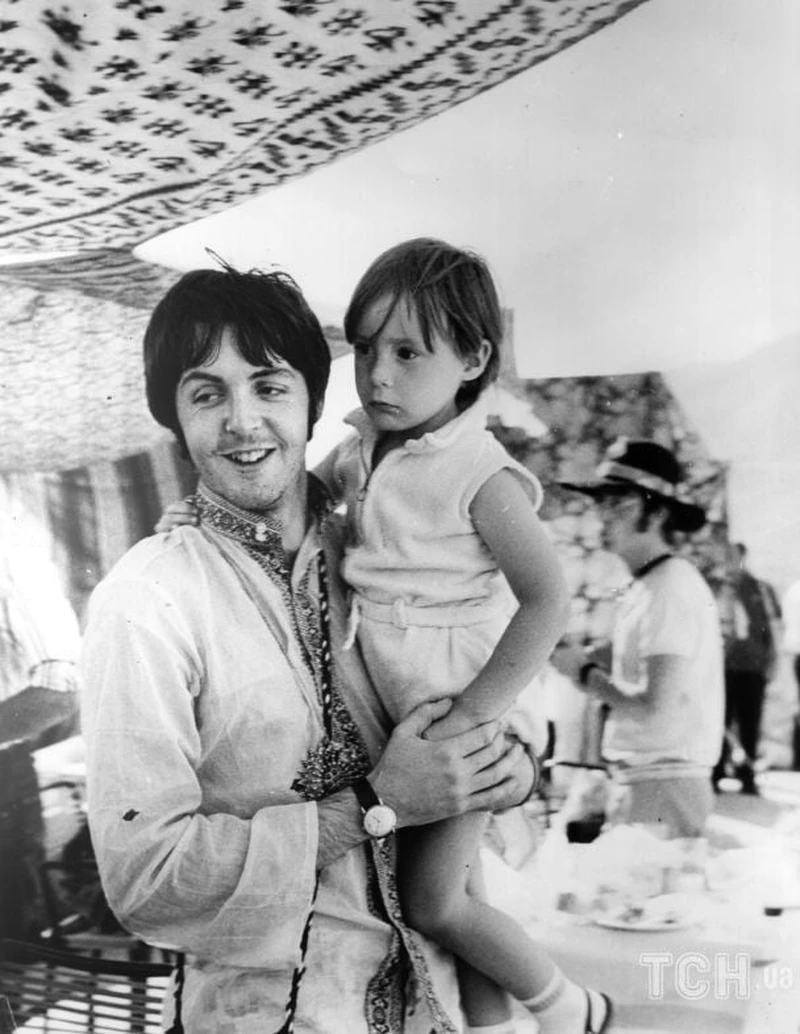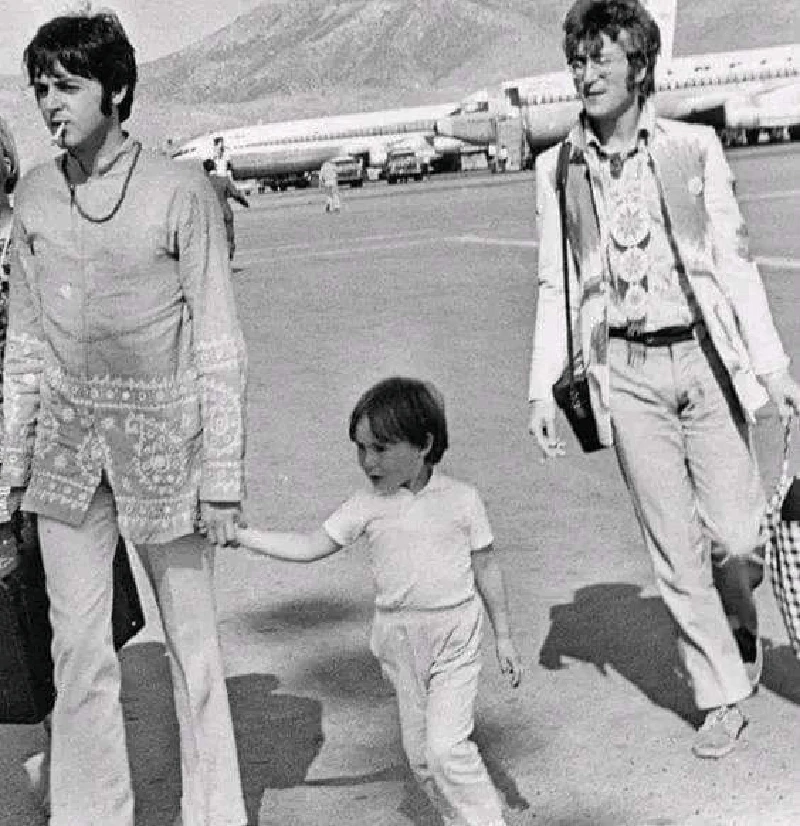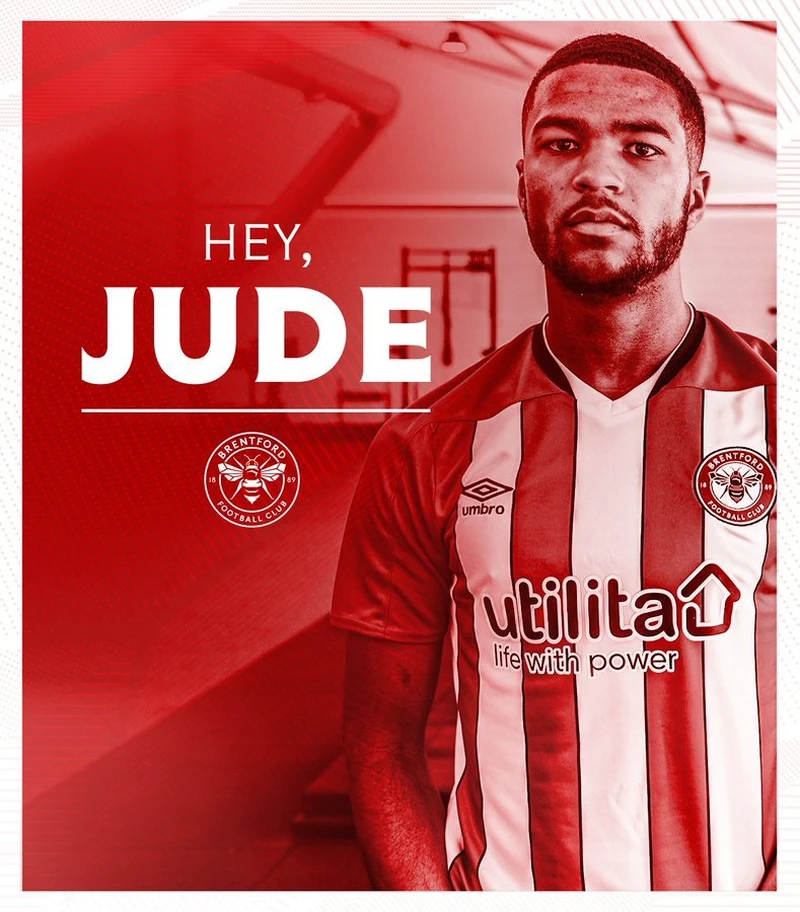Keep Your Chin Up, Lennon Jr.!
Weybridge is a small and cozy British town located in Surrey County, which has been an ideal place for peace and solitude for many years. By the late 1960s, it was home to about 10,000 residents, and surprisingly, the most common association with this place is the American multinational corporation Procter & Gamble, whose office is located here.
To get to Weybridge by car from London or its suburbs, one needs to take a slight detour: the town seems to be set apart from noisy civilization and busy highways. From the house where Paul McCartney lived in the late sixties to the place he was headed, it was a little over an hour’s drive, so Paul’s sudden visit in June 1968 was a surprise to Cynthia Lennon, then still officially John Lennon’s wife, McCartney’s bandmate in The Beatles, and his close friend. Equally unexpected was the arrival of “Uncle Paul” for Julian Lennon — the five-year-old son of Cynthia and John. The Lennons were going through a dramatic period: the couple was in the process of divorcing, John had been living with Yoko Ono for some time, and little Julian was experiencing this period as sensitively as his parents.

John and Cynthia Lennon
As a family friend, McCartney came to visit Cynthia and Julian to support and cheer them up. Even on the shortest trips, while driving his 1964 sports Aston Martin, Paul usually turned off the radio to concentrate—hoping to come up with a new song. At one point, he sang inside the car: “Hey, Jul, don’t make it bad, take a sad song and make it better.” He was imaginatively addressing Julian Lennon (nicknamed Jul), telling him not to be sad, boy, because of his parents’ divorce; things would surely get better for him later.

Paul McCartney and little Julian Lennon
Cynthia later recalled being touched by Paul’s gesture and said she would never forget that visit. Later, the name Jul in the song was replaced by Jude: firstly, Paul thought it sounded better that way, and secondly, he remembered a character named Jude from the classic musical Oklahoma!, of which he was a fan, and he liked the name Jude.
Where Did the Jews Come From Here?
Throughout life, we repeatedly realize that world history constantly repeats itself. At the end of the 1960s, as now, events in Israel and around it shaped the global agenda. A prolonged conflict between Israel and Egypt was ongoing: in June 1967, the Six-Day War occurred between Israel and Arab countries in the Middle East, followed by the so-called “Yom Kippur War” (or “War of Attrition”).
In fact, this song might never have been linked to Jews or the “Israeli subtext” if not for one incident that took place in the center of the British capital and caused a corresponding reaction. In reality, there was nothing special about it—not even hooliganism: Paul McCartney, an eternal teenager at heart (as were all members of the quartet), was once strolling along Baker Street (yes, the very street where, according to Conan Doyle , Sherlock Holmes lived), and at some point he ran up to a freshly whitewashed wall of one of the shops and scratched: “Hey Jude/Revolution” — just like those usual inscriptions, some censored and some not, that regularly appear on walls, especially freshly whitewashed ones.
It is now clear that this gesture was nothing more than advertising for The Beatles’ single of the same name, which was released on August 26, 1968 (with “Revolution” on its B-side). But the shop owner, who saw everything, thought differently: a) that his wall was damaged, albeit slightly but materially; b) the text of the phrase, according to the businessman, had a scandalous and offensive national meaning. Then he did not hesitate to call the musician and even threatened him, saying he did not care that he was a rock star, but such antisemitic inscriptions on walls did not suit him at all, and in general he would ask his son to come and beat him up to cure him of antisemitism once and for all. Paul McCartney had to guess for some time what it was about and then spent a long time convincing the outraged Brit that the phrase “Hey Jude” had nothing to do with this and that he did not even know that “Jude” meant “Jew.”
Here is what McCartney himself said: “I had no thought about Jews, but if you watch footage of Nazi Germany, there are scenes where on whitewashed windows next to the Star of David there is the inscription ‘Judenraus’, which meant ‘Jews out.’”
In fact, this somewhat comical episode slightly changed the optics and perception of the composition, spawning a lot of rumors and conspiracy theories that the lyrics of the song contained almost a secret message to the Jews. Or maybe the shop owner simply wanted to make some money off a rock star.
If there was any message encrypted in the song, then the Beatles’ leader John Lennon believed it was addressed to him. In an interview with Playboy, he once said: “Paul claimed that this song was about Julian, but it always seemed to me that it was about me, like he was saying: ‘Hey John.’ Yoko had just appeared in my life at that time. On a subconscious level, Paul did not want to let me go; the angel in him said ‘I bless you,’ but the dark side did not like it because he did not want to lose his partner.”

Paul McCartney, Julian and John Lennon
“DJs Don’t Bother Me Much”
The recording featured an orchestra of 36 performers, including ten violins, three violas, three cellos, and other instruments. The chorus “Na-na-na-nanana…” at the end repeats 19 times. Almost all orchestra musicians joined the final singing along with the Beatles and the general hand clapping. The Beatles’ producer George Martin recalled: “There was some misunderstanding among the orchestra musicians about this idea. One violinist was openly upset and said he wasn’t hired as a singer, got up, and demonstratively left the studio. I asked the musicians if anyone else wanted to leave. Everyone stayed in their places and later received overtime pay.”
There was also another, so to speak, “problem” that initially became a real headache for the producers: the song’s length was over 7 minutes. George Martin was distressed and tried to explain to his team that, first, no radio DJ would play such a long track on air (in the 1960s, radio formats were even stricter and more conservative: a song was three minutes, and that was it), and second, these seven minutes would not fit on any “45” (vinyl singles, which were one of the main sources of income for musicians). To this, John Lennon replied in his usual confident manner: “What’s going to happen to those DJs? They’ll play any single if it’s a Beatles single.”
And that’s exactly what happened — initially, radio hosts treated the seven-minute track cautiously and reluctantly, but soon radio stations and DJs began to be literally bombarded with calls and letters complaining, “Why does ‘Hey Jude’ play so rarely on the air?” They had to make amends, and somehow the studio sound engineers managed to fit the seven-minute composition onto one side of a “45,” which was also, to some extent, an achievement of recording technology at the time.
“Hey Jude” became one of the few Beatles songs performed by Elvis Presley. He sang it in Memphis in 1969, and it was included in the 1972 album “Elvis Now,” with a duration of four and a half minutes.
Judy, This Song Is For You
Here is another beautiful story connected to the song. Fans of the English Premier League undoubtedly know the football club “Brentford” from the London suburbs, which now plays in the top British division. It’s worth noting that supporters of this club waited as long as 74 years (!) for their return to the top league since Brentford was relegated from the First Division in 1947. In 2021, returning to the strongest league, the newcomers defeated Arsenal 2:0 in the first round, and then the following was heard above the club’s home stadium:
🔥🐝🙌 Absolute SCENES here at Brentford.
Fans and players celebrate a famous win against Arsenal on their Premier League debut.
Just listen to this! Wow. #BrentfordFC #BREARS pic.twitter.com/7lICSy5elB
— Joe Prince-Wright (@JPW_NBCSports) August 13, 2021
If you listen closely, instead of “Hey Jude,” the fans sing “Brendford.” The Beatles’ hit has been the club’s unofficial anthem for many years, and this is no coincidence. Local resident Peter Gilham started working at the stadium in 1969 and was still working there in 2019 when Brentford returned to the First Division, dedicating over half a century to the team. In the late 60s, Peter’s workplace was a small booth behind the stands, from where he made announcements and played music. Among Gilham’s friends, who regularly attended matches, was a girl named Judy Kaufman, nicknamed Jude, and she was liked by Peter. So, showing attention and affection, he played the Beatles’ song, which constantly sounded in the stadium. Fans quickly picked it up; no match happened without it, and thanks to the First Division games, these fan renditions reached a wider audience. Many fans couldn’t hold back tears during the song.

The Beatles hit used in FC Brentford promo
The opening ceremony of the 30th Olympic Games in London in July 2012 was a vivid and fantastic spectacle that few have managed to surpass in the last eleven years. It was an evening of real miracles: a touching children’s choir performed “Imagine” in a duet with John Lennon, who addressed the audience from a huge screen, while Freddie Mercury energized the crowd at Wembley like in the 1980s. Paul McCartney’s colleagues backstage appeared on the sports arena as if from another dimension, and Paul himself performed one of his best hits, sitting at the piano, for a thousands-strong audience in central London and millions more watching the broadcast. It ended with a collective euphoria when the “na-na-na” chorus played over the Olympic flame, which was truly blessed, sung by the huge sports arena made up of delegations of athletes from around the world. And for those seven minutes, the world became a much better place.
Remember how in 2012 many talked about the “end of the world”? As they joke now, those were good times.
